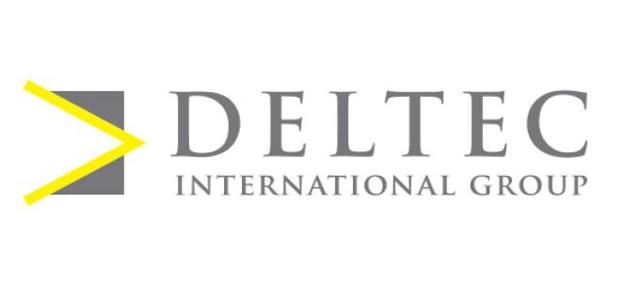After the financial crash of 2008, Fintech (Financial Technology) moved in on the industry at breakneck speed, transforming the traditional landscape of ways people and businesses transact with each other financially.
Traditional financial institutes took notice after a while and have introduced new services and processes that were adopted or adapted from new financial startups for both the online and offline, brick and mortar experience.
These institutions now must adapt constantly to a growing digital change in the industry or face falling far behind very quickly and watch their doors close permanently. While it is not easy keeping track of all the changes coming, being proactive is almost a requirement at this stage.
According to Deltec Bank, Bahamas, “As fintech continues to change the financial services industry, the convergence of finance, technology, and data science have taken the industry into places we never would have expected just ten or fifteen years ago”
Blockchain unleashed
With the emergence of cryptocurrency in 2008, a digitalized transactional, decentralized ledger system – called Blockchain – was introduced. This currency was to be known as Bitcoin. It became the standard descriptive name in the industry, now filled with many other cryptocurrencies. This allowed all digital transactions to be made either publicly or privately distributed across a network. This made it impossible to be tampered with as a secure online transaction. With blockchain on the market, it made for robust security and a significant reduction in fraudulent activity.
IoT – Internet of Things
When introduced, this made many smart devices, connected over a network have the ability to exchange data information with each other through an intelligent or cloud ecosystem. This introduced brand innovation as it began the onset of smart wallets, and POS payments for example.
Artificial Intelligence (AI)
Artificial Intelligence has been around for a while. It was only recently brought into the financial ecosystem with the evolution of machine learning, deep learning, cognitive computing and speech recognition. These elements would not support delivering big data insights, automatized reporting, and solutions. Big data would be used to streamline and improve efficiencies in the industry, especially in the areas of fraud, analysis and predictions, investment planning, chatbots, market analysis, and real-time reporting.
Convergence Is Creating New Business Models and New Alignments
Several large financial firms have had to purchase certain startups in order to stay top of mind. Some of these startups reflect new business models that would normally not have been introduced by the larger firms as they pose a challenge of looking inconsistent with the larger firms’ current practices.
For example, one way to stay relevant is when a bank offers customers products or services in a particular segment, they previously had no capabilities. While customers would enjoy this as an option now, it will now allow for banks to charge fee-based revenues from the provider of the software.
This is only one model and it remains up to the financial firm to choose whether to acquire, partner or outsource a fintech provider. Large firms must reconcile what their intent is as customers would notice inconsistent experiences.
Digital Transformation and Convergence
The transformation brought forward by fintech solutions has provided the traditional banking and finance industry organizations with many options to reduce labor and automate many manual tasks.
For instance, this introduced banks to providing customers unique choices of services to be delivered directly to their mobile devices. Additionally, this communication between banking services and the mobile user would need to be encrypted. Banks had to broaden their horizons now in order to incorporate new solutions (cloud-based banking for example) while also saving cost by not investing in the current data center infrastructure.
Final Thoughts
As convergence continues in the financial industry, opportunities and challenges will rise and call for new business models (original or blended) for large banks and conglomerates. Rather than just offering monolithic services and products to customers, they will need to keep one step ahead or face failing quickly.
Convergence and innovation in data science and technology will forever continue in the finance industry. Much of that change will be determined by consumer preferences or requirements. Ultimately it would greatly benefit the masses if fees were also reduced through convergence.
Disclaimer: The author of this text, Robin Trehan, has an Undergraduate degree in economics, Masters in international business and finance and MBA in electronic business. Trehan is Senior VP at Deltec International www.deltecbank.com. The views, thoughts, and opinions expressed in this text are solely the views of the author, and not necessarily reflecting the views of Deltec International Group, its subsidiaries and/or employees.
About Deltec Bank
Headquartered in The Bahamas, Deltec is an independent financial services group that delivers bespoke solutions to meet clients’ unique needs. The Deltec group of companies includes Deltec Bank & Trust Limited, Deltec Fund Services Limited, and Deltec Investment Advisers Limited, Deltec Securities Ltd. and Long Cay Captive Management.
Media Contact
Company Name: Deltec International Group
Contact Person: Media Manager
Email: Send Email
Phone: 242 302 4100
Country: Bahamas
Website: https://www.deltecbank.com/


